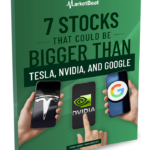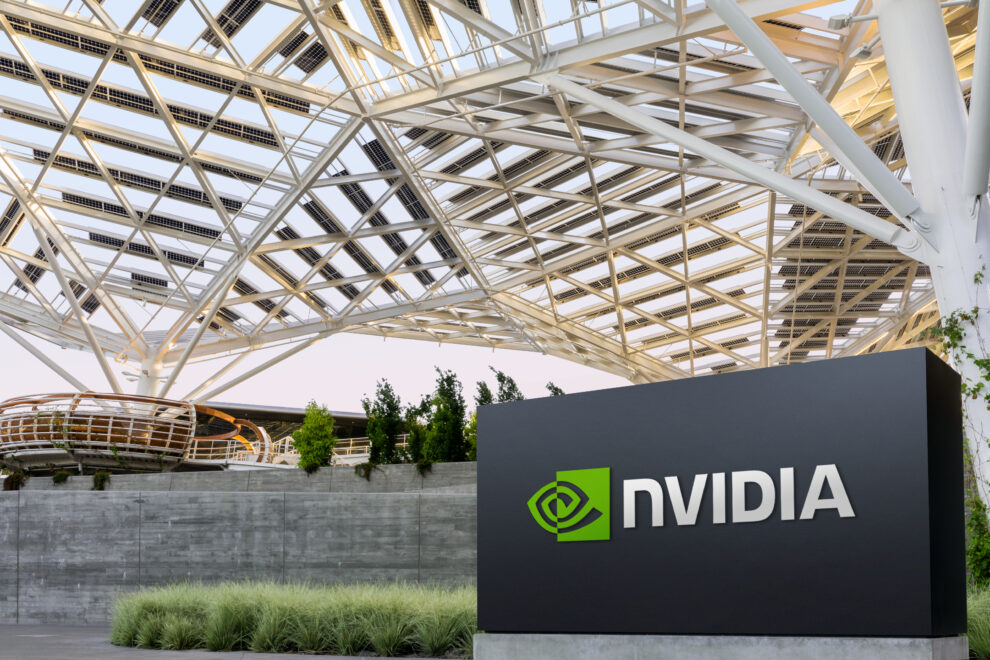
There are many comparisons, but nearly all fall short.
You would be hard-pressed to find an investor who doesn’t consider Nvidia (NVDA -0.68%) the pinnacle of artificial intelligence (AI) companies. Its graphics processing units (GPUs), which crunch AI workloads, are best in class by a wide margin and have been used by practically every company interested in AI.
But are there any companies that could dethrone Nvidia?
Nvidia’s direct competitors aren’t even close
Part of the fear of investing in Nvidia is wondering what will happen if and when the music stops. Right now, the company is firing on all cylinders. But the question remains: What happens when enough GPUs have been purchased to satisfy AI demand?
There are some factors influencing the answer to that question, such as the average lifespan of a GPU used for server computing. That is estimated to be around three to five years, which would mean there will be a replacement cycle. But if the demand for Nvidia GPUs is met, then the next round of AI technology might look somewhat different.
If that happens, which company could take the spot atop the AI mountain? Some might point to Advanced Micro Devices as a potential successor. AMD competes directly with Nvidia in the data center GPU space but has been getting smoked.
However, AMD has recently generated momentum with various cloud-computing providers starting to add its GPUs as an alternative. They don’t want to be devoted solely to Nvidia hardware because that would give it too much pricing power over them. But because Nvidia still has much better technology, AMD will likely only be considered as an alternative.
Another candidate is Taiwan Semiconductor, (TSMC for short), the chip foundry that supplies Nvidia and thereby makes its products possible. But TSMC also supplies chips to AMD and other companies, which makes it a neutral factor in the AI investment race.
Besides, TSMC expects massive growth driven by AI demand over the next few years. In its latest conference call, management said, “For the next five years, we forecast [AI revenue] to grow at 50% [compound annual growth rate] and increase to higher than 20% of our revenue by 2028.” That’s strong growth, but it also means Nvidia could continue its dominance since it’s a key customer for TSMC.
The companies applying AI depend on Nvidia
But all of the above is just the hardware side; what about application and use?
Microsoft and Alphabet are both massive customers for Nvidia’s GPUs. Not only do they have internal uses for them, but they also buy them to power their respective cloud computing services.
They also started designing their own AI chips, so they don’t have to buy them from Nvidia. However, these chips are highly workload-specific, so general-purpose GPUs like Nvidia’s will still account for the lion’s share of computing power.
Software companies like Palantir are also bringing AI capabilities to the masses. Its clients still need plenty of computing power to run its models, and it gives them the tools to create them. This could make the company a potential successor to Nvidia as a leading AI investment, since it will continue to see demand for its platform long after AI computing capacity is built out.
But all roads lead back to Nvidia, which is why it has been and will continue to be the most popular AI investment. Nvidia is on top of the AI world right now, and there currently doesn’t appear to be any company that can dethrone it.
Suzanne Frey, an executive at Alphabet, is a member of The Motley Fool’s board of directors. Keithen Drury has positions in Alphabet and Taiwan Semiconductor Manufacturing. The Motley Fool has positions in and recommends Advanced Micro Devices, Alphabet, Microsoft, Nvidia, Palantir Technologies, and Taiwan Semiconductor Manufacturing. The Motley Fool recommends the following options: long January 2026 $395 calls on Microsoft and short January 2026 $405 calls on Microsoft. The Motley Fool has a disclosure policy.









